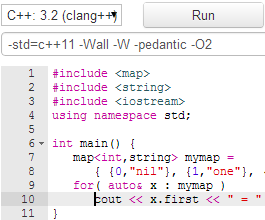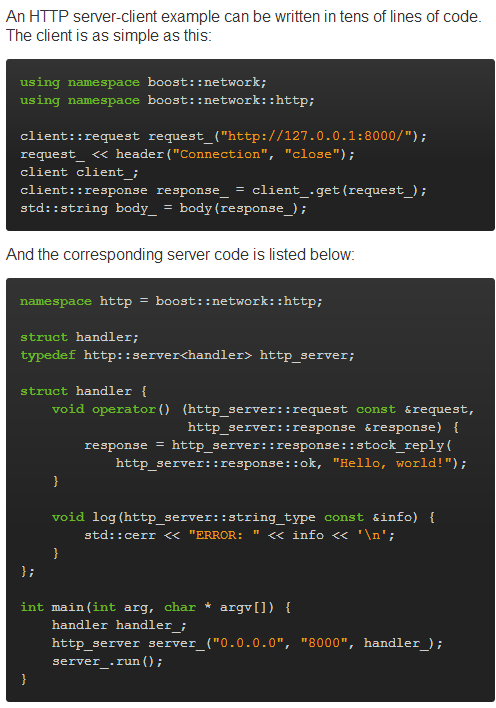Online C++ compilers

Do you:
- want to try out C++, but don't have a compiler installed?
- want to try out a C++11 feature your compilers don't yet support?
- want to compare the results of compiling a test program using different compilers?
Then try one of these online compilers! Some are compile-only to let check whether your code is legal, and some let you also run your test programs to see their output. For each, we include a list of the compilers that the page currently supports -- they include the latest from Clang (3.2, Dec 2012), GCC (4.8.0 prerelease), Intel (13.0, Oct 2012), and Microsoft (VC++ alpha CTP, Nov 2012).
- LiveWorkspace (Clang 3.2, GCC 4.6.3 - 4.7.2)
- gcc.godbolt.org (Clang 3.0, GCC 4.5.3 - 4.8.0 prerelease, Intel ICC 13.0.1)
- Rise4Fun (Microsoft VC++ 2012 and November 2012 CTP)
- Stacked-Crooked (GCC 4.7)
- ideone.com (GCC 4.3.4 and 4.5.1)
- Comeau Test Drive (EDG 4.3.3)
This list is now also available on the Get Started! page.




